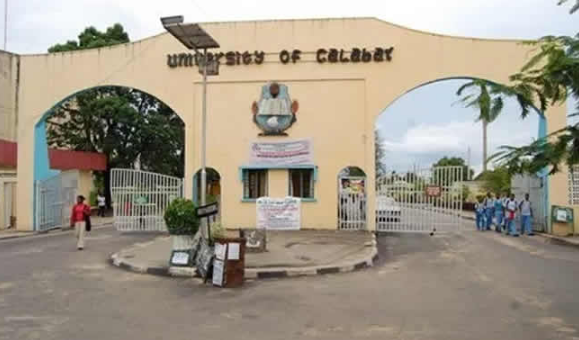The College of Petroleum and Energy Studies (CPES) is one of the top institutions in Nigeria and Africa at large that gives a first-hand education in petroleum and energy studies.
The school’s prowess is known solely in petroleum and energy studies. The college has a reputation for producing graduates who obtain the skills and knowledge necessary to tackle the unique challenges in the fields of petroleum, energy, and environmental sustainability at large.
Where Is the College Of Petroleum And Energy Studies Located?
The center of one of Nigeria’s main oil-producing regions is where CPES is situated. The school is located in Rivers State, Port Harcourt, which is frequently referred to as Nigeria’s oil capital.
Students can network with industry professionals, obtain real-world experience, and engage directly with the oil and gas sectors in the area thanks to this excellent location.
The proximity to multinational oil companies and refineries also gives them an advantage in accessing top technology and research without going far.
When Was The College Of Petroleum And Energy Studies Established?
This esteemed institution was created in the early 2000s in response to Nigeria’s increasing demand for highly qualified workers in the energy and petroleum industries.
Participants from the public and private sectors led its founding intending to establish an organization that would train the next generation of energy professionals for Nigeria and the entire African continent.
CPES has gained recognition and acclaim for its contributions to energy education and research since its founding, both domestically and abroad.
Faculties In The College Of Petroleum And Energy Studies
CPES has several faculties designed to cater to various aspects of petroleum, energy, and environmental studies.
These faculties include the Faculty of Petroleum Engineering, the Faculty of Geology and Earth Sciences, the Faculty of Energy Management and Economics, the Faculty of Environmental Science and Sustainability, and the Faculty of Renewable Energy and Alternative Energy Sources.
College Of Petroleum And Energy Studies Cutoff Mark
As of the 2024/2025 academic session, the general cutoff mark for CPES has been set at 180. However, each course has specific cutoff requirements that students must meet depending on the competition and demand for that course.
Petroleum Engineering 250
Reservoir Engineering 240
Geology Cutoff Mark 220
Geophysics 230
Energy Economics 200
Energy Policy and Management 210
Environmental Science 190
Sustainability and Energy 195
Renewable Energy Engineering 210
Solar Energy Technology 200
Frequently Asked Questions (FAQs)
What Is The JAMB Score For Petroleum Engineering?
The JAMB score required for Petroleum Engineering varies depending on the university, but generally, a minimum score of 180 is required to be eligible for admission into most Nigerian universities.
Can I Get Admission With 140?
The Joint Admissions and Matriculation Board (JAMB) has set 140 as the minimum admissible score for 2024 admissions into universities across the country.
What Subjects Should I Write In Waec For Petroleum Engineering?
Candidates applying to the undergraduate program in Petroleum/Gas Engineering should have five credit passes in Chemistry, Physics, Mathematics, English language, and Biology (or Agricultural Science) at WAEC and/or NECO at not more than two sittings.
Conclusion
The College of Petroleum and Energy Studies remains a top choice for students aiming to build careers in the petroleum and energy industries. Meeting the cutoff marks is the first step towards gaining admission to this prestigious institution and preparing for a successful career in the global energy sector.

